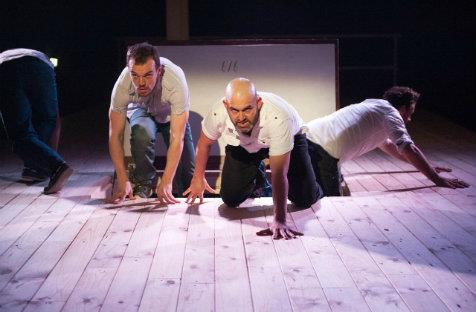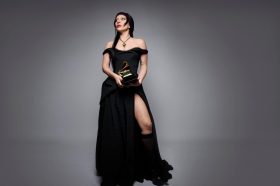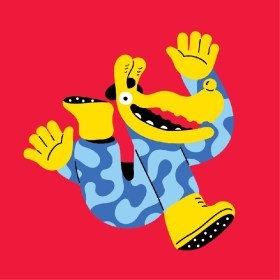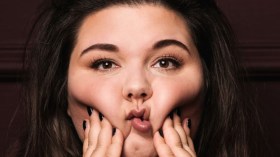This stunning, stylised work by one of our most original writers, Patricia Cornelius (creator of the radiantly eloquent Do Not Go Gentle…) explores the world of the hyper-masculine, mateship and misogyny.
Four Australian men leave for the trip of a lifetime on board a cruise ship; long-time friends, they’re out to have the best time possible. Using the Dianne Brimble case as a reference, Cornelius asks how it is that some men come to commit awful acts. She shows how the culture of masculinity underlying our society is sinister, dangerous, aggressive and exploitative, and how it allows a pack mentality to dominate groups of men.
Her characters are given distinct personalities and we are given enough details and individual backstories, with a subplot woven subtly underneath the main action, to see how each man has been damaged and will damage in turn. The story portrays the men’s need to conform to male stereotypes, to hide their vulnerability, to fit into to an unspoken hierarchy of power, and it gives them all believable and familiar reasons for doing so. Anyone who’s had anything to do with male prisoners will recognise the types and their narratives. But these are ‘ordinary blokes’ and one of the most powerful aspect of Savages is how it shows ordinary blokes supporting each other in reprehensible actions, believing in bonds of mateship even while they are exploiting and lying to each other.
Runt (Luke Elliot) is a small man, not attractive to women and lacking agency but the kindest of the men. He is put upon and used by Craze (a menacingly powerful Mark Tregonning), becoming a joke to the others. Rabbit (James O’Connell) is unable to move beyond meaningless sexual encounters to find a deeper, more connected life, and George (Lyall Brooks) can’t stand up to Craze, even though he wants to claim his solitude and nurture his growing attachment to his new girlfriend.
The language in Savages is stylised and poetical, Cornelius transforming vernacular into a rhythmical force matching the movements of the bodies on stage. Cornelius and director Susie Dee engage wholeheartedly with the essence of theatre, with theatrical language, with image, with sound and movement, with character and choreography.
Sound effects slide between the ‘doof doof’ of a nightclub to a menacing, predatory pulse in the darkness. The opening scene has the men prowling, foreshadowing their intent at the play’s end. The economical and effective set makes a sloping deck the stage, confining the physicality of the men and at times suggesting a cage. Their small cabin is set into the deck, under a trapdoor.
Fearless in raising uncomfortable questions, Savages is a bold and important contribution to the examination of what’s wrong with men, looking at aspects of gender and identity we all know about and are, in varying respects, all victims of but are unwilling to name. At the same time, the work is a fine and thoroughly entertaining piece of theatre; it does everything a good play should do and light, poignant and funny moments balance the darkness. Bravo.
Rating: 4 ½ stars out of 5
Savages
By Patricia Cornelius
Directed by Susie Lee
Set and costume design: Marg Horwell
Lighting design: Andy Turner
Composition and sound design: Kelly Ryall
Stage management: Claire Shepherd
Cast: Lyall Brooks, Luke Elliot, James O’Connell and Mark Tregonning
fortyfivedownstairs, Melbourne
16 August – 8 September
(Pictured: James O’Connell, Mark Tregonning and Lyall Brooks in Savages. Photo: Sarah Walker)





